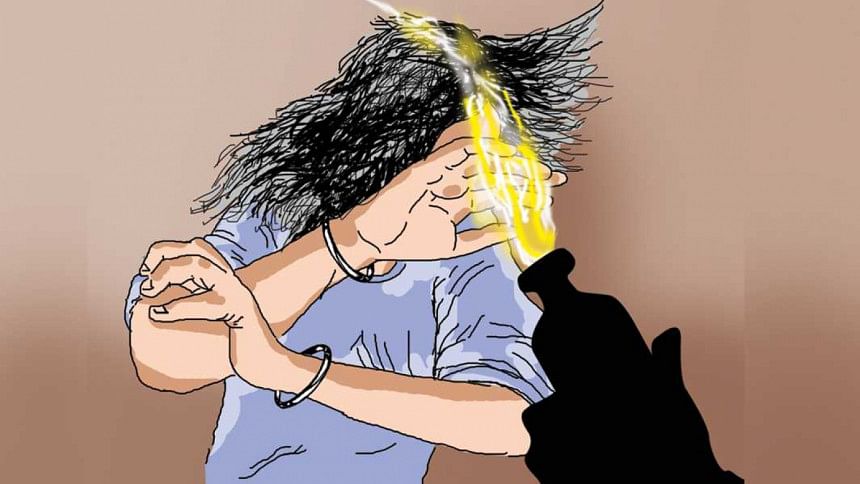Justice eludes acid attack victims

While the rate of acid attacks has been decreasing across the country, as per the government and other sources, the conviction rate in such cases filed in the last 19 years is very low. According to Acid Survivors Foundation (ASF), although 3,782 people fell victim to acid attacks during this period, the number of the accused convicted is only 343.
And as per the statistics of the home ministry, only in nine percent of the cases were the accused convicted. This is very frustrating.
Although several laws have been enacted to control acid crimes, there seems to be a huge gap when it comes to enforcing the laws. For instance, although the Acid Control Act 2002 was formulated to control the import, production, transportation, hoarding, sale and use of acid, and prevent misuse of acid as corrosive inflammatory substance, the fact is that acid is still easily available to people at a cheap price and so we still come across news of acid attacks. And the low conviction rate in these cases makes it evident that the Acid Offence Prevention Act, enacted in 2002, to control acid crimes, has not been enforced properly. Although the trial process of such cases must be completed within 90 days of filing of the cases, as the law says, this is hardly being implemented.
Under these circumstances, the victims of acid attack and their families are feeling unsafe as the accused are roaming around freely. We fear that a lack of implementation of the relevant laws may increase the cases of acid violence in future.

 For all latest news, follow The Daily Star's Google News channel.
For all latest news, follow The Daily Star's Google News channel. 








Comments